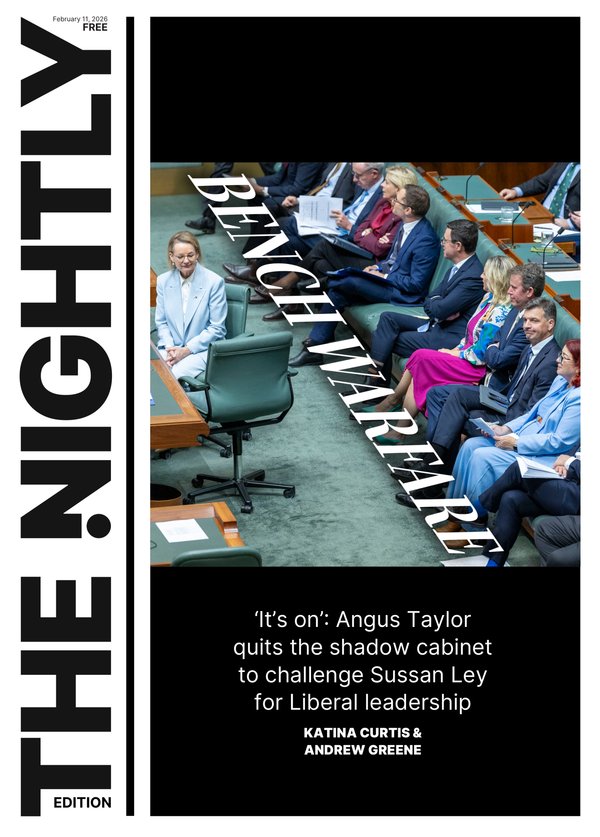Nick Bruining Q+A: Hacks you need to reduce assets and keep the age pension if you inherit a small fortune
Inheriting a small fortune can be life-changing. But if you’re on an age pension, there’s a way you can keep both.

Question
I am a 75-year-old single female aged pensioner and I will soon receive a $300,000 inheritance.
I own my home outright, have $160,000 in a superannuation account-based pension fund and do not want to have my pension reduced.
Sign up to The Nightly's newsletters.
Get the first look at the digital newspaper, curated daily stories and breaking headlines delivered to your inbox.
By continuing you agree to our Terms and Privacy Policy.As my age prevents me from topping up my super, could you advise me on what options I have to optimise my cash flow inclusive of my aged pension and if there is any grace period to decide how to restructure my finances?
Answer
Under the rules, within 14 days you will be required to notify Centrelink when you become eligible to receive the inheritance. Generally, that will be when the distribution is made by the executor.
There is no “grace period”, so it would be best to complete any restructuring before the 14-day notification period expires. Whether or not the money is invested in superannuation is irrelevant to Centrelink because all financial assets are included in means-testing.
Assuming you have a car and contents, we will say you have “other” assets of $30,000. With the existing super, that gives you a total asset amount of about $190,000. With the additional $300,000 inheritance added, that’s a total of $490,000.
This puts you about $176,000 over the single homeowner asset test threshold of $314,000 and you will likely lose about $528 a fortnight from the full rate of $1116.30.
In essence, each $10,000 you can remove from assessment would reinstate $30 a fortnight from Centrelink. You could spend money to renovate your home or make changes that may allow you to stay there longer. By spending money on your home this way, you are effectively shifting money from an assessed asset (a bank account) to an exempt asset (your home).
You could also consider downsizing but up-valuing, which would achieve a similar outcome.
You can reduce your assets by “gifting” up to $10,000 a year to a maximum of $30,000 over a rolling five-year period.
You can also look at arranging and pre-paying your funeral. If you do that directly with a funeral director, there is no real limit. You can also invest money into a special funeral bond fund where the money is only released upon your death. Up to $15,500 invested this way is exempt from Centrelink means testing.
You might also consider upgrading your car. While the value of the new car is still an assessable asset, the value depreciates immediately. You can use the private sale value of the car for Centrelink purposes which may be as much as 20 per cent less than the amount you pay for it.
Lastly, there is nothing to prevent you spending the money on yourself and taking a nice, long holiday.
Question
Do assets held in a family trust form part of the assets test for Centrelink purposes? Our family trust has a company as the trustee and I am a director of that company.
Answer
The short answer is yes. Centrelink will assess not only the assets but also the income generated by the family trust or company.
In this case, the income is applied to the income means test for the next 12 months and then updated when you complete this year’s accounts.
While you may be a director of the trustee company, Centrelink will extend the inclusion of trust assets and income beyond the obvious direct connections. In essence, a “control test” applies and looks to see who you might be able to influence or benefit from the trust or company.
This test casts a wide net to include direct family, siblings and professionals such as accountants, lawyers and financial planners.
The assets are deemed to be under your control whether or not influence is exerted. These same rules are also applied to other trust arrangements including testamentary trusts, where a deceased estate is held in trust for beneficiaries.
Some exemptions apply for special trusts established to look after family members with a severe disability.
Nick Bruining is an independent financial adviser and a member of the Certified Independent Financial Advisers Association

